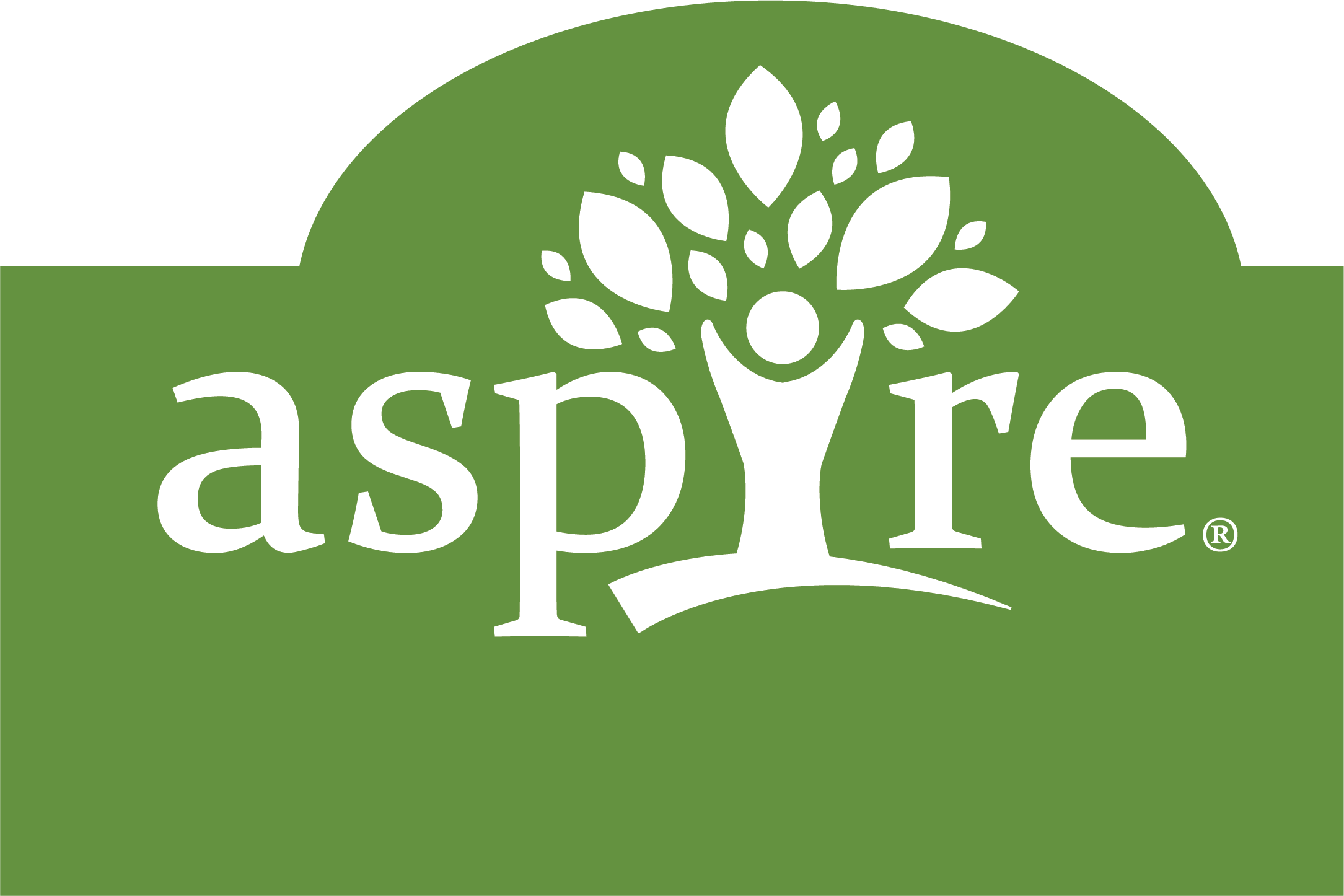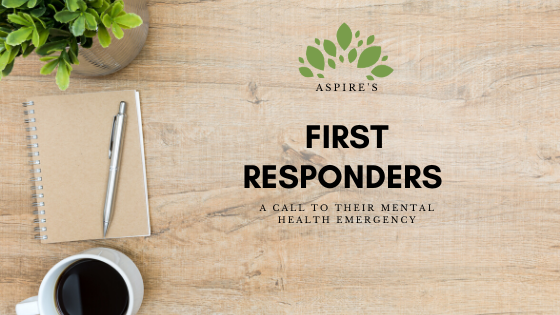A study completed in May 2018 by the Substance Abuse and Mental Health Services Administration showed that approximately 30 percent of first responders develop behavioral health conditions including, but not limited to, depression and posttraumatic stress disorder (PTSD) as compared with 20 percent in the general population. Firefighters were reported to have a higher rate of suicide, attempts, and suicidal thoughts than the general populations. In law enforcement, between 125 and 300 police officers commit suicide every year.
PTSD can be caused by exposure to traumatic or stressful events. First responders arrive on scene at natural disasters, accidents, physical and sexual abuse situations, riots, and acts of terrorism, and are either involved in the actual event or witness the aftermath, both which may cause PTSD. First responders are at greater risk of PTSD because of their constant exposure to these types of events.
First responders are there to help the public when needed, but rarely reach out for help when they need it. There is also a cultural habit of first responders to meet in bars and restaurants where alcohol is served to socialize after stressful situations. This develops an acceptance of using alcohol to deal with stress and puts first responders at risk of binge drinking, excessive alcohol use, and even alcohol use disorder. It is estimated 20 percent of first responders with PTSD have a substance use disorder.
The symptoms of PTSD that first responders and their supervisors and loved ones need to be on the lookout for include:
- Flashbacks, recurrent dreams, vivid memories, and reliving of traumatic events
- Anxiety when reminded of the traumatic events
- Avoidance of reminders of the traumatic events
- Hypervigilance to potential or imagined similar types of events
- Depression, anxiety, loss of motivation, overly pessimistic, or isolating themselves
- Problems with attention or memory
- Feeling detached from reality
- Self-destructive behaviors, including self-harming behaviors or significant substance abuse
First responders are responsible for the safety and well-being of themselves as well as the public they serve. Aspire Counseling Services can help to educate them, offer support, and protect their health and well-being through preventive training on resiliency and behavioral health, interventions to address burnout, and peer support programs. Evidence has shown learning behavioral health techniques before exposure to traumatic events can help reduce the risk of developing PTSD, anxiety, or other mental health issues. First responders can make a cultural shift by turning from substance use to deal with the stress, to resilience through behavioral health training and peer support to maintain their own mental health.
If you are a first responder, don’t wait, Call Aspire Counseling Services today for help to educate yourself and develop a resilience to developing PTSD before continued exposure to traumatic events. If you are developing symptoms of PTSD, call now!

Planting Seeds, Saving Lives
Copyright © 2026 Aspire Counseling Services® | Privacy Practices | Terms and Conditions | Powered & Designed by Citryn, LLC

Planting Seeds, Saving Lives.
Available 24/7 (888) 585-7373
FOLLOW US ON SOCIAL MEDIA
MENU
HOME
OUR SERVICES
LOCATIONS
STAFF
ABOUT ACS
BLOGS
RESOURCES
CONTACT US
LOCATIONS
ARROYO GRANDE
ACS BAKERSFIELD
ABH BAKERSFIELD
FRESNO
SIMI VALLEY
Privacy Practices
Copyright © 2020 Aspire Counseling Services®
Powered & Designed by Citryn, LLC

